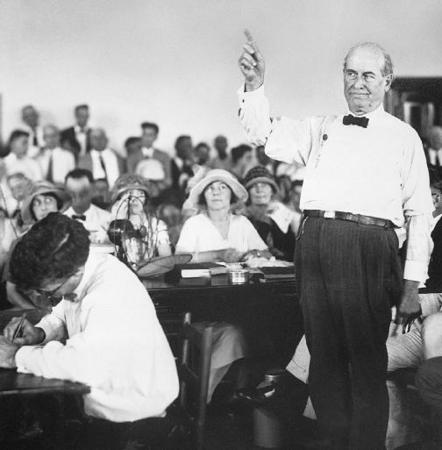The Rise of Roosevelt
Within the first year of President Theodore Roosevelt's term as president, he had not done too much to escalate the war with Canada at first. During the early part of the year, he made sure that the economy would stay stable and that our cities would continue to handle themselves properly. In doing so, a business magnate named Cornelius Vanderbilt rose up the ladder to become one of the wealthiest men in New York City at the time.
He poured most of his expenses into helping research into a better way of shipping goods, people, and units across the country, and he also poured money into shipping and exports. His business practices became known across the United States and the entire world. From that point on, he continued to invest in smaller companies, but told the federal government he would do whatever in New York City they asked him to do. He even offered to be taken to a far off city, if needed.
Not too much longer after Vanderbilt, President Roosevelt started his campaign on the heavily fortified city of Montreal. The city had multiple cannons, cavalry, riflemen, and grenadiers protected its citizens, but Roosevelt felt he had an honest chance of taking back the rightful American state of Québec. These Canadian pansies don't know one thing about being free.
He had his cannons break down the defenses and had a few cavalry weaken up the front lines. One cavalry unit was not able to retreat in time and was thus loss, but they were able to retreat to make way for further units to siege the capitol.
As former President Sewall had predicted, the city of Toronto would easily fall into American grasp. It only took a few years of cannons bombarding the defenses, and Grenadiers and Minutemen quickly and effortlessly took down the two Minutemen defending the Canadian city.
With that, President Roosevelt formally announced the return of the state of Ontario.
On the front with Montreal, President Roosevelt's plans on taking the city appeared to be going quite smoothly; no cannon regiments lost, and Canadian troops were falling like flies. Of course, the battle would not go quite so smoothly further into the future when the troops started to become weak and weary, but this was certainly good to have plastered onto the newspapers at home.
What with the Canadian-American War going quite smoothly, President Roosevelt looked overseas to promote conservatism among foreign nations to bolster both nations' economies. One of the most willing nations was the Ottoman Empire. The Ottomans were willing to send a hefty amount of gold and iron in exchange for a steady supply of Coal to be shipped to Istanbul (not Constantinople).
Some smaller deals were remade and revised with other countries, such as Brazil and Spain. A small few were cancelled, but our economy was still going down a decent path. With recent economic and political successes, conservatism was growing within the public eye.
It was the year 1904 when President Roosevelt formally announced to the American public that the once strong, northern nation of Canada had collapsed. After we lost many more regiments and finally took the city of Montreal, the loss of stability caused Canada to succumb to violence and state nationalism. From then on, their country no longer flew under a single flag and were protected by weak regiments in single cities.
The state of Québec had returned under the American flag, and President Roosevelt asked Congress to decide whether to continue or end the war with Canada. They had reinstated the two states, but the war would have to wait for our troops to heal and recuperate to continue more land being taken. We would also have to train more troops after losing many Cavalry, Cannons, and Minutemen in the last few years of the battle.
Later in 1904, days before President Roosevelt said he would end his term, one of the generals from the Battle of Montreal moved to Washington, D.C. to retire. His name was George Patton, who garnered the image of a great commander after he rehabilitated demoralized American troops in the Battle after more regiments started to be destroyed. With his strong words and effective leadership, the final regiments of Canadian Riflemen were taken down, and Montreal taken.
President Roosevelt said he is considering asking to be nominated for a second term, but he would understand if the Congress nominated someone else to be his successor.

 This country is far too liberal for the late 1900s
This country is far too liberal for the late 1900s 





















